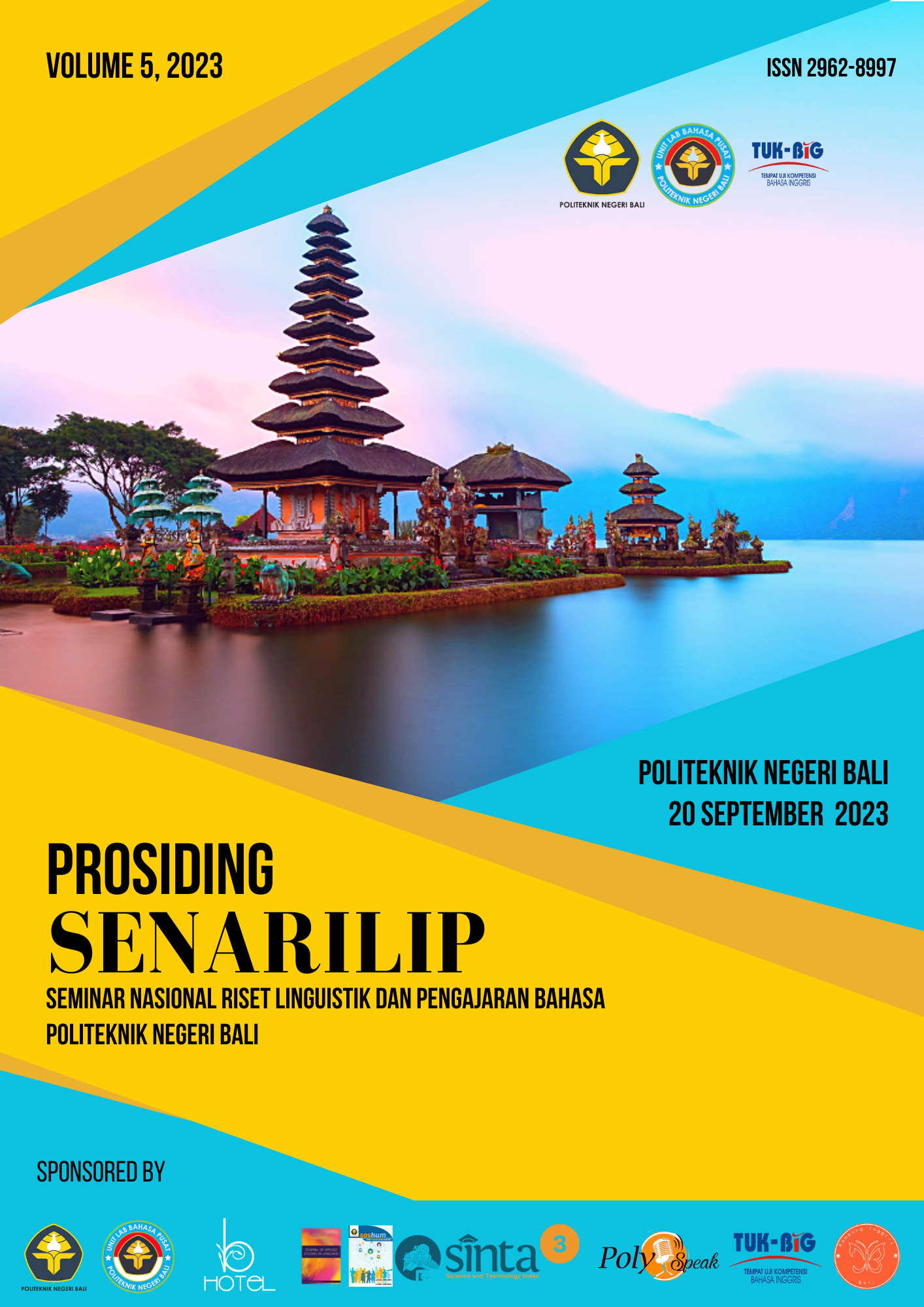Analysis of Collaborative Project-Based Language Learning Method: Efforts to Improve Language Education Quality for Tourism Students
DOI:
https://doi.org/10.31940/senarilip.v5i1.36-46Keywords:
Collaborative Education, Pentahelix, Language LearningAbstract
Language education in the context of tourism has become a crucial focus in enhancing the quality of education for tourism students. Collaborative project-based learning methods have emerged as an effective approach to boost the foreign language proficiency of tourism students by involving a pentahelix collaboration between the tourism industry and tourism students. The objective of this study is to analyze the collaborative project-based learning method and the efforts made to enhance the quality of language education for tourism students. This study involves a comprehensive literature review to identify the advantages of the collaborative project-based learning method in the tourism context. The findings of this research indicate that this method offers real-life experiences in the tourism context for students, enabling them to apply language skills in situations relevant to the tourism industry. Collaboration with the tourism industry allows students to learn from industry practitioners, receive guidance, feedback, and valuable insights into the use of language in the tourism industry. This helps enhance students' understanding of language needs in the tourism workforce. The implementation of the collaborative project-based learning method also enhances students' communication skills in the target language, including the correct use of grammar and sentence structures. The method also emphasizes the language needs within the tourism industry, enabling students to acquire knowledge of specific vocabulary, phrases, and expressions related to tourism. In conclusion, the collaborative project-based learning method brings significant benefits in enhancing the quality of language education for tourism students. By involving the tourism industry and providing real-life experiences in the tourism context, this method helps students develop communication skills, gain a deeper understanding of language use in the tourism industry, and prepare them for the multilingual and multicultural demands of the tourism workforce.

